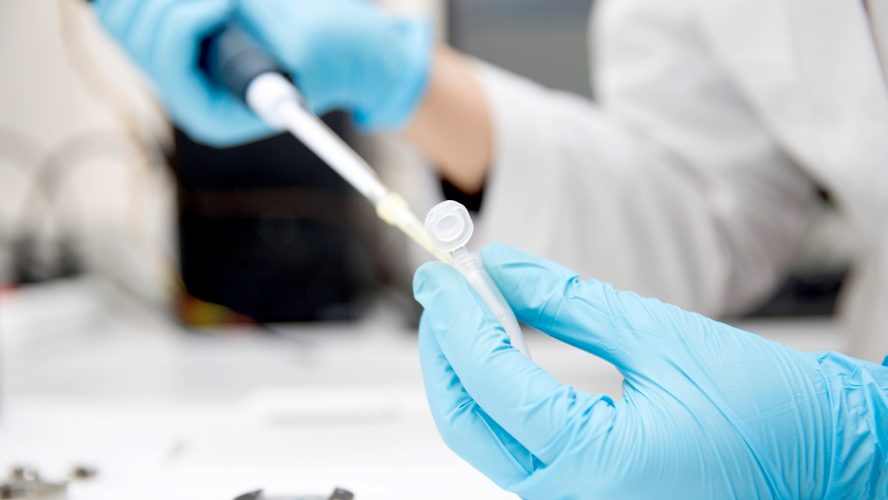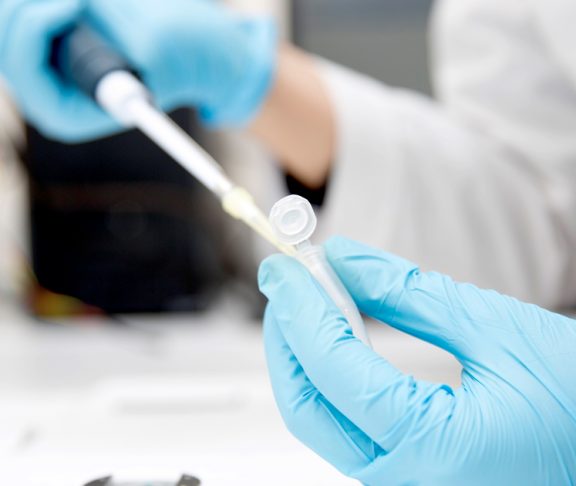
Dr David Crosby
Cancer Research UK’s Head of Prevention and Early Detection Research
Better early cancer detection could save thousands of lives. We have the technology and the infrastructure. Now a roadmap shows the way to cut through the barriers.
Earlier detection offers probably the single biggest opportunity to save lives from cancer. Currently only 55% of cancers are detected at an early stage in England, when it’s often easier to treat, and treatment is more likely to be successful.
Now the Roadmap for the Early Detection and Diagnosis of Cancer, drawn up by Cancer Research UK after consulting over 100 experts, sets out how co-operation between clinical specialists, researchers, technology experts, the health system, government and the public could smash the barriers to spotting cancers earlier.
The technology is here
Dr David Crosby, Cancer Research UK’s Head of Prevention and Early Detection Research, says: “Blood tests and breath tests are in the pipeline, and we already use various imaging modalities for early detection. Now artificial intelligence (AI) can analyse images effectively enough to select those that need checking by radiologists. As a result, it will reduce the bottleneck in image checking currently slowing diagnosis and machine learning may mean technology can ultimately spot early-stage cancers invisible to humans.”
Currently only 55% of cancers are detected at an early stage in England, when it’s often easier to treat, and treatment is more likely to be successful.
Wearable technology is already used to monitor cardiovascular conditions and diabetes. In future, wearables could be used to detect cancers.
The new technologies for early detection could be made available through the existing network of GP surgeries and clinics.
Breaking down barriers
Our current fragmented approach to early detection is a barrier to progress. “We need cohesive action across sectors and players including biologists, medical engineers and economists,” says Dr Crosby. “The roadmap would bring them together to create biology-informed technologies that deliver tests and prognoses for action that are economically realistic.”
Moreover, developing and testing detection technology is expensive and can take years. “Companies are reluctant to invest, so few tests make it into production,” says Dr Crosby. The roadmap recommends creating an incubator where companies can access funding to develop early detection tests, and business expertise to help commercialise them.
Public co-operation is essential. “Listening to what the public wants from tests, how they want to access them, and data security, are essential,” says Dr Crosby.
“Government investment will initially be needed for research, development, communication and implementation but once the roadmap is started, the opportunities are huge,” says Dr Crosby.
“Thousands of lives could be saved and cancer treatment costs reduced. By harnessing the unique platform of the NHS, the UK could become the world’s leading testbed for early cancer detection.”


